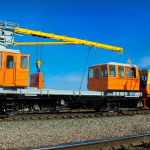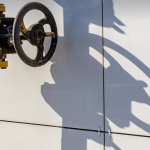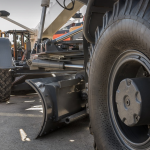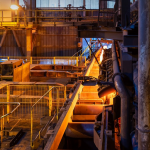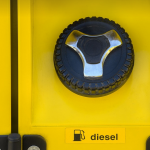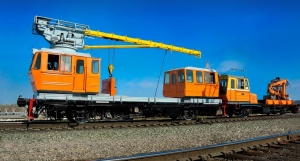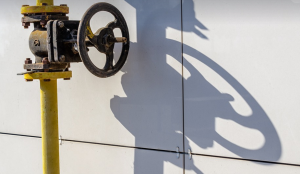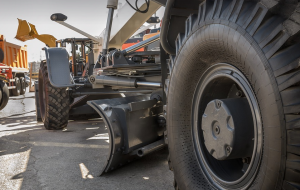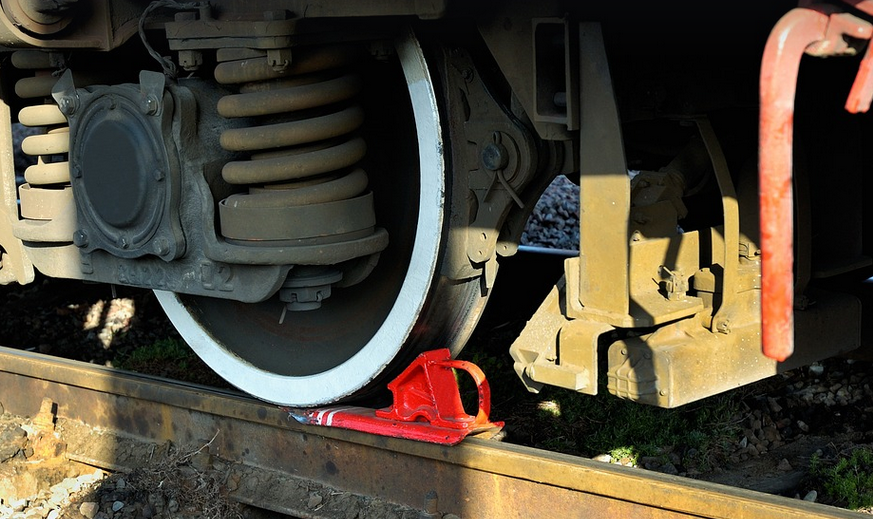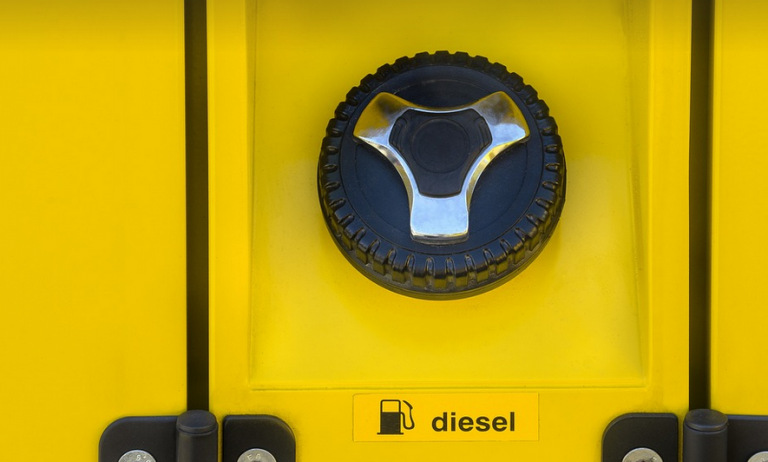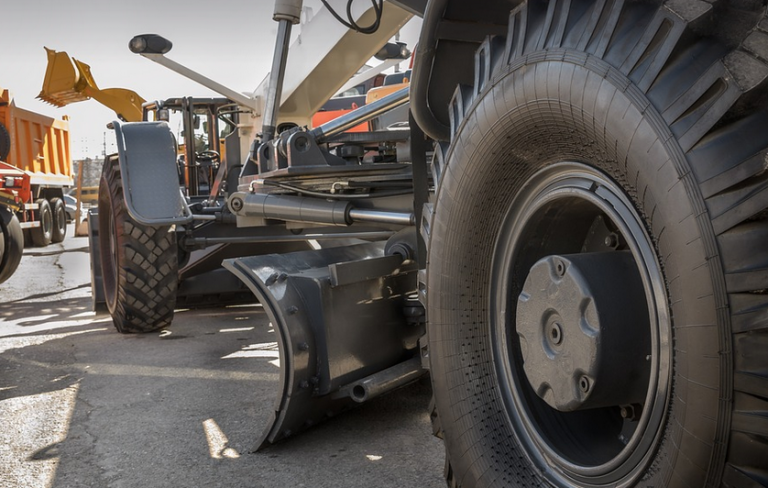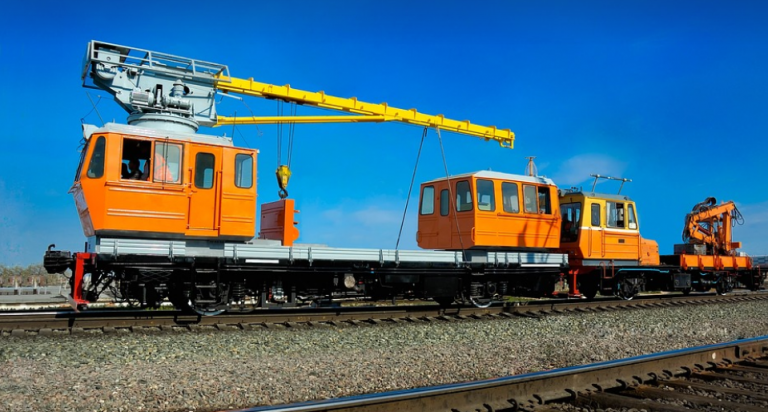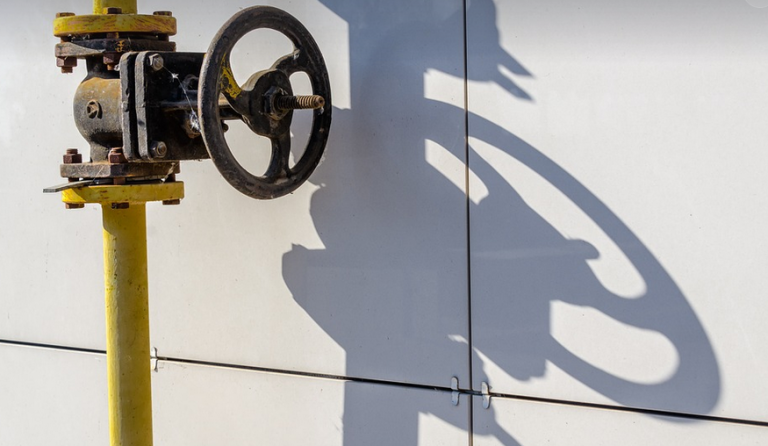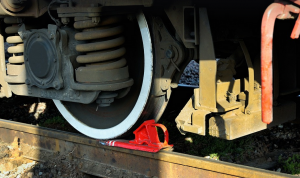The Rise of Efficient and Sustainable Solutions
As we navigate the challenges of a growing global population and increasing environmental awareness, waste management has become a crucial focus area. In 2024, innovations in compaction and recycling equipment are poised to revolutionize the industry, paving the way for more efficient, sustainable, and cost-effective solutions.
Traditional waste collection methods often rely on bulky trucks and manual sorting processes, contributing to significant fuel consumption, operational costs, and environmental impact. Compactors and recycling machines offer a paradigm shift in waste management by maximizing space utilization, minimizing transport requirements, and facilitating comprehensive material recovery.
Compaction equipment plays a pivotal role in the modern waste management landscape. Its primary function is to reduce the volume of waste materials before transporting them for further processing, resulting in significant fuel savings and reduced transportation expenses. These machines utilize powerful hydraulic systems to compress bulky refuse into smaller containers, effectively shrinking their overall footprint.
The mechanics behind compactors are diverse and adaptable, with options ranging from simple drum compaction units to sophisticated multi-chambered machines equipped with advanced controls for precise processing. Drum compactors, a staple in waste management facilities, utilize rotating drums to compress waste, while other types deploy hydraulic pressure or specialized mechanisms to achieve efficient compaction.
Recycling equipment takes center stage when it comes to sustainability and resource recovery. 2024 sees the emergence of advanced recycling technologies that transform waste into valuable resources. This progress fuels a new era of sustainable practices, where waste is no longer simply discarded but carefully managed and reused.
One notable trend in recycling equipment is the focus on sorting and separation technologies that minimize contamination and maximize material recovery rates. Automated systems leverage sensors, cameras, and advanced algorithms to distinguish between various materials like paper, cardboard, plastics, and glass with exceptional precision. This precision minimizes waste and empowers recycling facilities to process a wider range of recyclable materials.
The use of robotics in recycling has gained significant traction in recent years. Robots equipped with sophisticated vision systems can identify different materials within waste streams with remarkable accuracy, enabling faster, more efficient sorting processes. These intelligent machines not only streamline the sorting procedure but also eliminate human error and enhance overall productivity.
Modern recycling equipment’s ability to handle a wider array of materials translates into greater environmental benefits. As we move towards a circular economy where waste is minimized, recycled materials are in high demand across various industries. Recycling equipment plays a crucial role in keeping this process flowing smoothly, allowing businesses to create finished products from recycled components.
Beyond the technical aspects, compactors and recycling equipment bring several advantages to waste management facilities. These machines contribute to a significant reduction in transportation needs due to their ability to compress waste into smaller volumes. This minimizes vehicle trips and optimizes fuel consumption, contributing to lower operating costs for waste management companies and ultimately, benefiting the environment.
The impact of compactors and recycling equipment extends beyond individual facilities. These advancements facilitate the development of more environmentally friendly waste management practices that contribute to a sustainable future. As cities strive to limit their environmental footprint and increase their efficiency, these innovative technologies play a vital role in achieving these objectives.
The development of intelligent solutions for compaction and recycling is an ongoing journey. The use of artificial intelligence (AI) in these machines promises to further revolutionize waste management in 2024. AI integration will enable more accurate sorting, real-time data analysis, and personalized optimization, leading to improved efficiency and resource recovery.
The future of compactors and recycling equipment hinges on a continuous drive for innovation and improvement. As research and development efforts continue, we can anticipate even more sophisticated technologies that further enhance the effectiveness and sustainability of waste management practices across the globe.
Let’s embrace these advancements, not just as technical progress but also as part of a larger shift toward responsible environmental stewardship. By embracing compactors and recycling equipment, we can contribute to a cleaner, greener future for generations to come.
